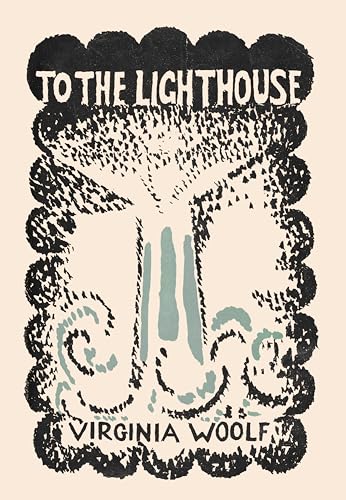Mrs. Dalloway, novel by Virginia Woolf published in 1925. It examines one day in the life of Clarissa Dalloway, an upper-class Londoner married to a member of Parliament. Mrs. Dalloway is essentially plotless; what action there is takes place mainly in the characters' consciousness. The novel addresses the nature of time in personal experience through multiple interwoven stories, particularly that of Clarissa as she prepares for and hosts a party and that of the mentally damaged war veteran Septimus Warren Smith. The two characters can be seen as foils for each other.
Virginia Woolf
Virginia Woolf was a prominent English writer and modernist literary figure. Known for her stream-of-consciousness writing style, she challenged traditional narrative structures and explored themes of gender, class, and mental health in her works. Some of her most notable works include "Mrs. Dalloway," "To the Lighthouse," and "Orlando." Woolf's contributions to literature include her innovative approach to character development and narrative technique, as well as her exploration of the inner lives of her characters. Her most famous work, "Mrs. Dalloway," is considered a masterpiece of modernist literature and a reflection of Woolf's unique literary voice. Woolf's impact on the literary genre is undeniable, as she paved the way for future generations of writers to experiment with form and style in their own works.



